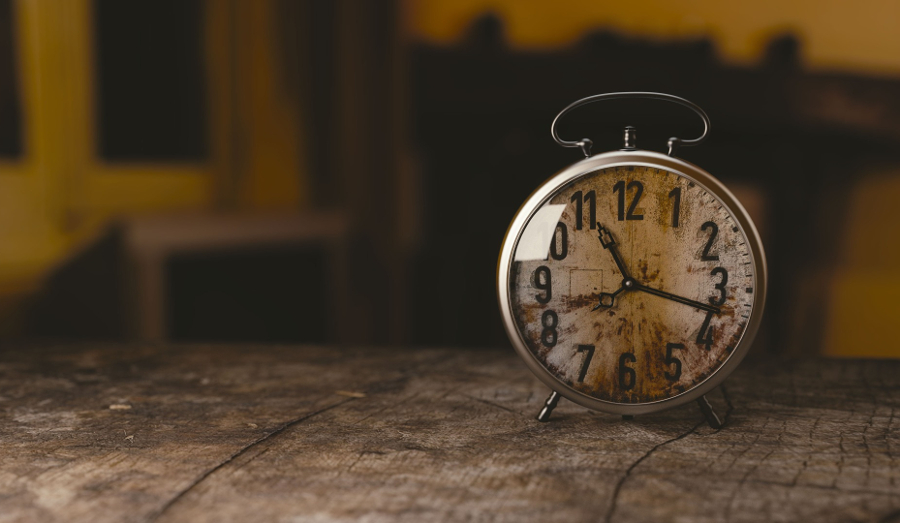Early to bed, early to rise, makes a man healthy, wealthy, and wise. We’ve all heard that little rhyme from the time we were young, yet many of us fall into the habit of staying up late, sleeping in, and getting our body clocks out of rhythm. Could that be the cause of many of our health ailments?
Every person has a certain circadian rhythm, a body clock, that allows the body to function properly. The circadian rhythm regulates things like tiredness and energy, hunger, body temperature, and breathing. Through their actions many people often get their circadian rhythms out of whack, and that could have effects on their health.
Researchers still don’t know how exactly the circadian rhythm affects overall health, although they strongly suspect that it plays a role. In a recent mouse study, researchers determined that immune cells used by the body were stronger at various points in the day. Comparing mice with functioning circadian rhythms to those whose body clocks had been intentionally turned off, they found that mice without a functioning circadian rhythm saw a significantly reduced immune response during daytime.
That brings up two interesting hypotheses if these findings end up holding up in human trials. The first is that immune response is naturally stronger during the day, meaning that health treatments calculated to trigger an immune response should preferably be undertaken during the day.
The second is that, if human beings are able to damage or alter their circadian rhythms through their daily schedule, they could be unknowingly damaging their immune response as well. And if they’re able to damage their circadian rhythms through bad work or sleep schedules, presumably they could or should be able to fix them by reverting to a more normal schedule. Let’s hope that further studies shed even more light on this so that those suffering from health issues that can be helped by fixing circadian rhythm can get the assistance that they need.
This article was originally posted on Red Tea News.





